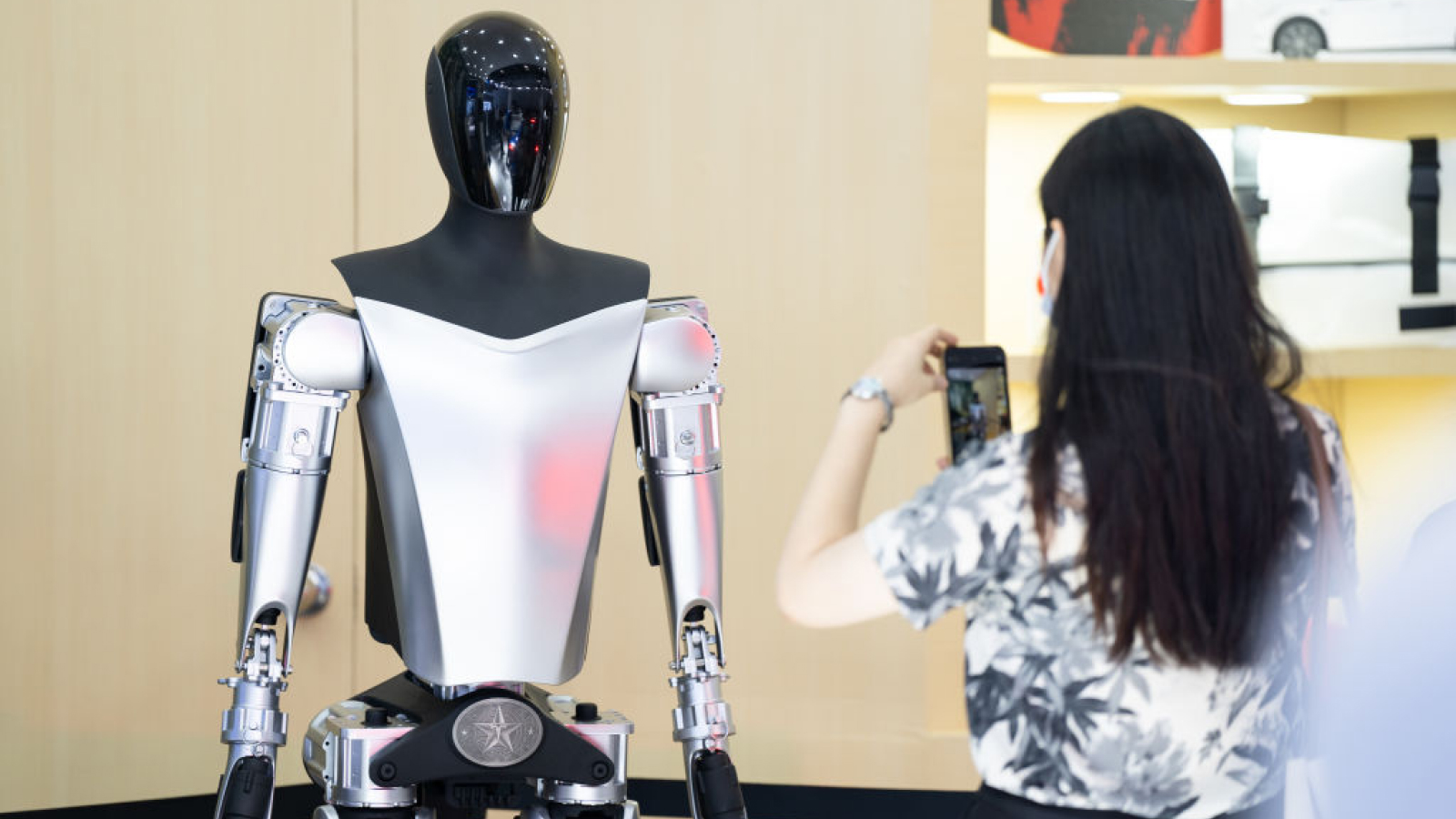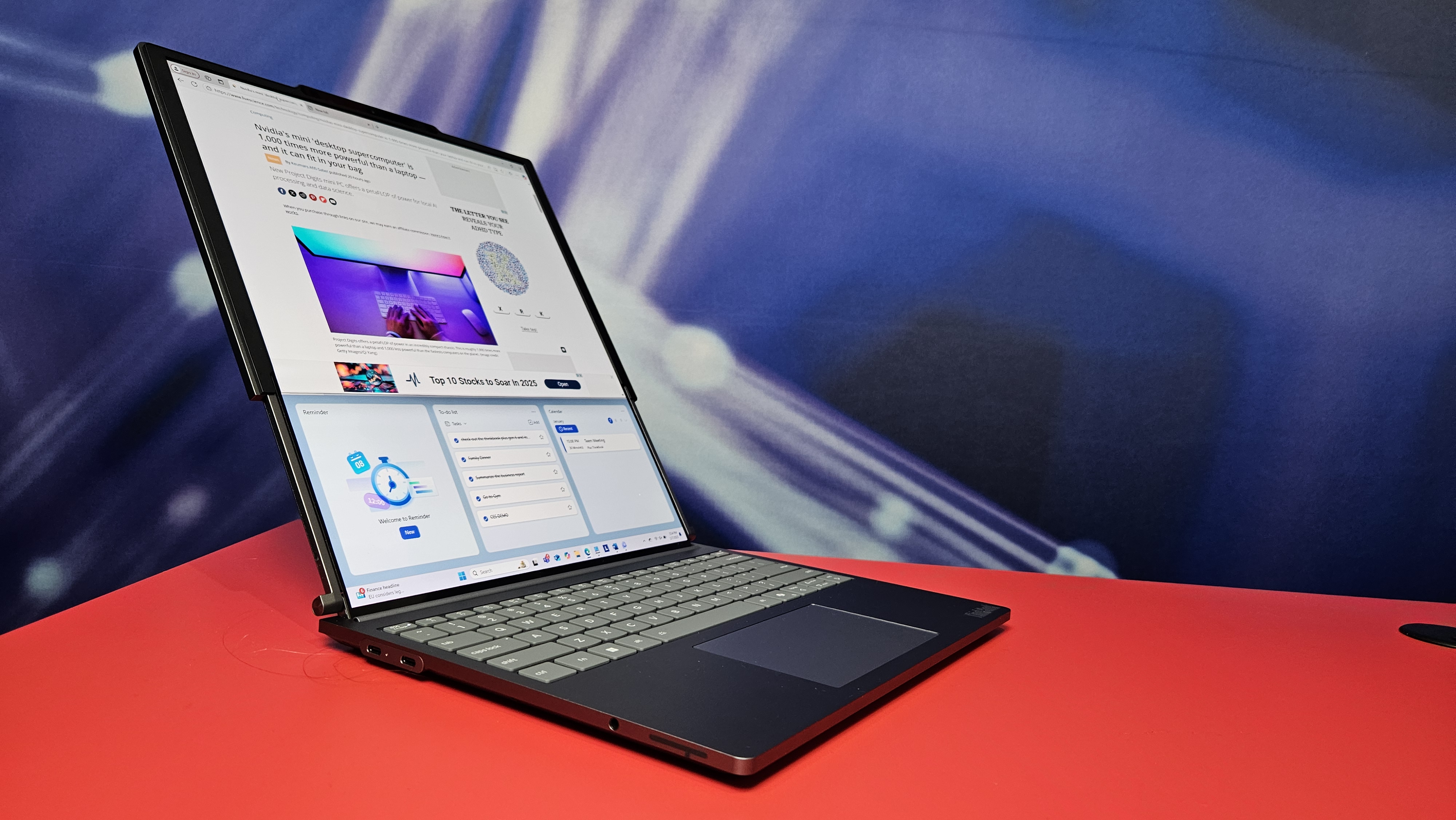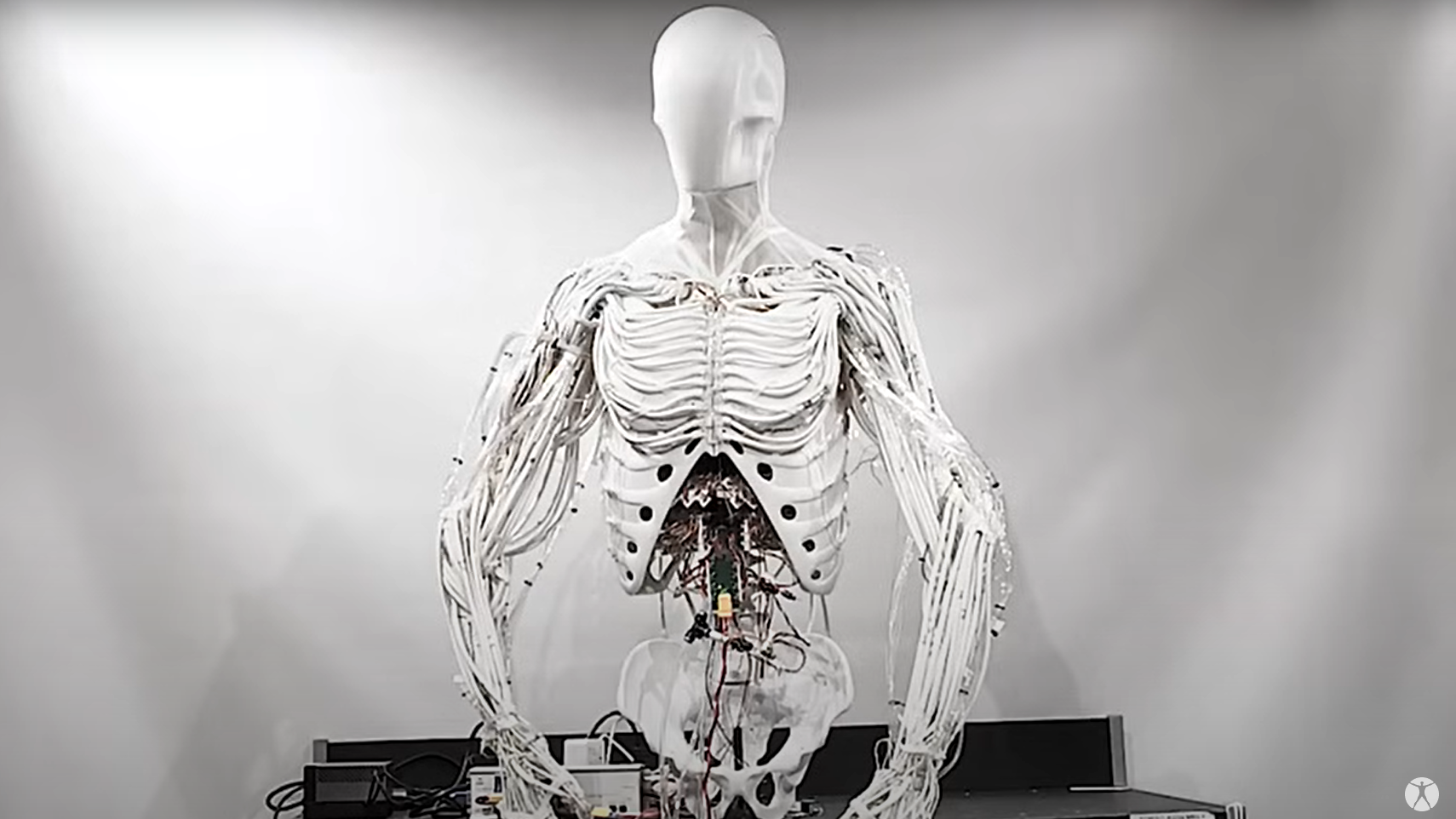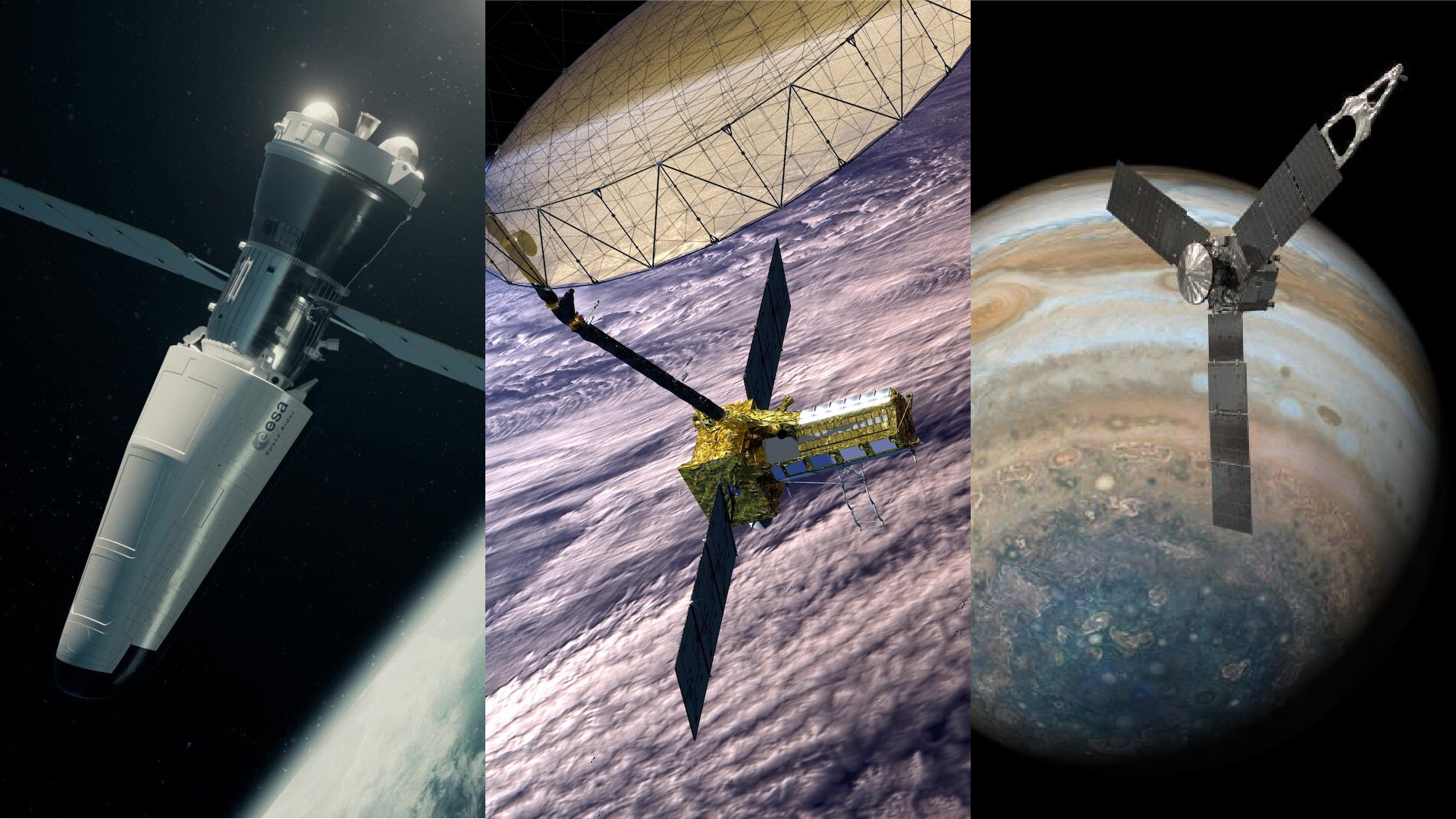CES 2024: The best laptops for students
Although on-device AI was big at CES, there were plenty of budget-friendly machines to see as well.

If you're holding out for a new machine, there are plenty to choose from now that CES 2024 has come to an end. As always, laptop makers have used it to showcase the many devices set to launch in the months ahead — including those best suited for students.
While artificial intelligence (AI) was the headline feature this year — music to the ears of any coders looking for new laptops — manufacturers still introduced plenty of new features beyond it. From slimmer machines with fantastic battery life to more affordable powerhouses, CES 2024 showcased machines set to come out in the months ahead that will rival some of the best laptops for students — and we can’t wait to get our hands on them. We've picked out a few that impressed us the most.
OMEN Transcend 14
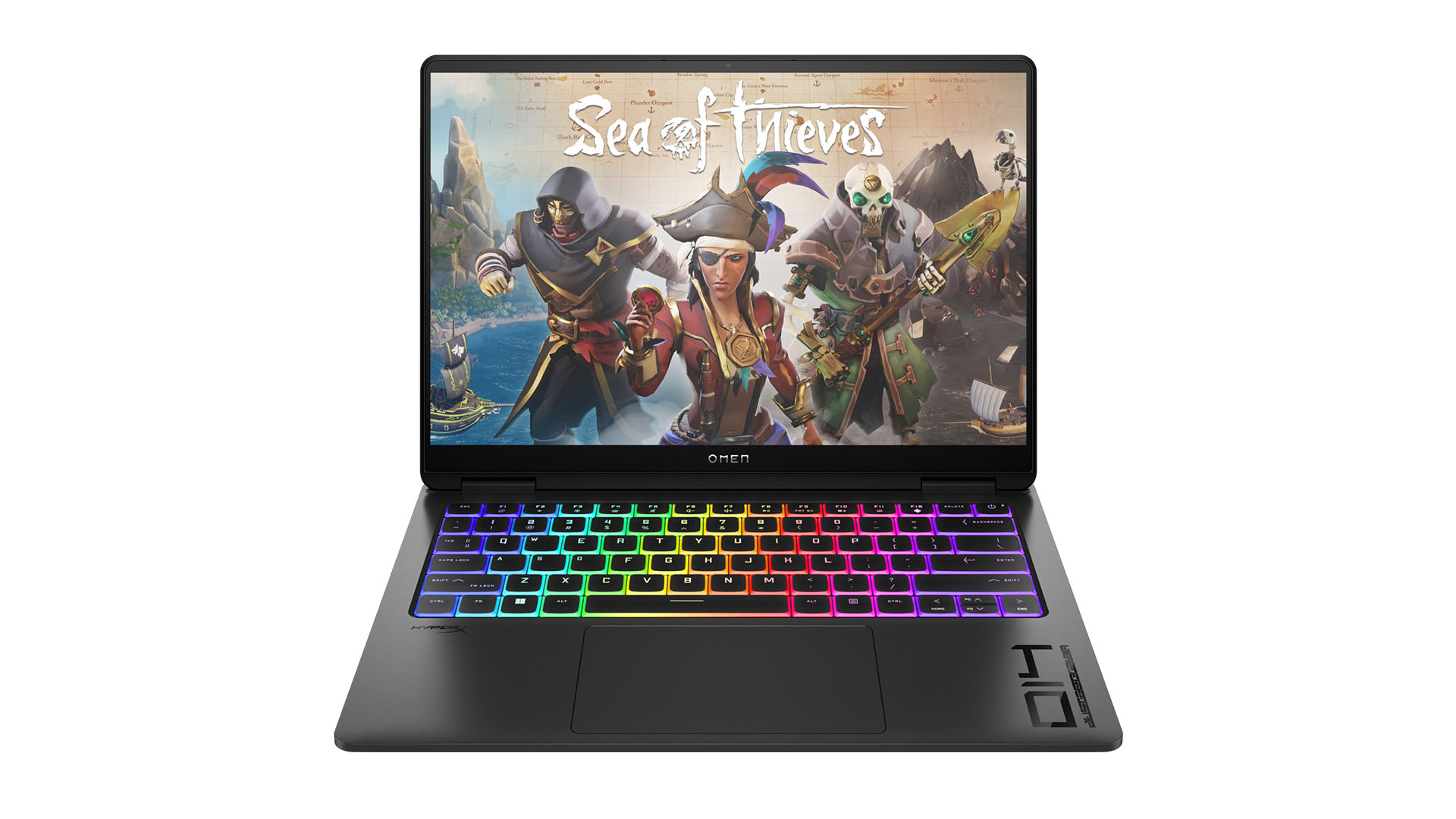
HP has long been releasing OMEN gaming laptops with a focus on packing them with the most powerful components. Finding that sweet spot that makes them easy to carry while also retaining power levels has been a challenge, but that's one the company has overcome with the OMEN Transcend.
The CES 2024 debutant weighs just 3.5 pounds (1.59kg), but also packs an RTX 4070 GPU for powerful graphic tasks like video editing. You can get up to 2TB of storage and 32GB of RAM, too.
That's one factor that makes the OMEN Transcend 14 ideal for students with a much larger budget. But what makes it ideal is its on-device transcription capabilities. The device puts an end to recording audio from a lecture and spending hours poring over the file trying to transcribe it, thanks to this machine's AI-powered transcription feature and live video captioning.
We expect the OMEN Transcend 14 to go on sale in the next two or three months, but, starting at $1,600, it's definitely on the pricier side.
Acer Swift Go 14
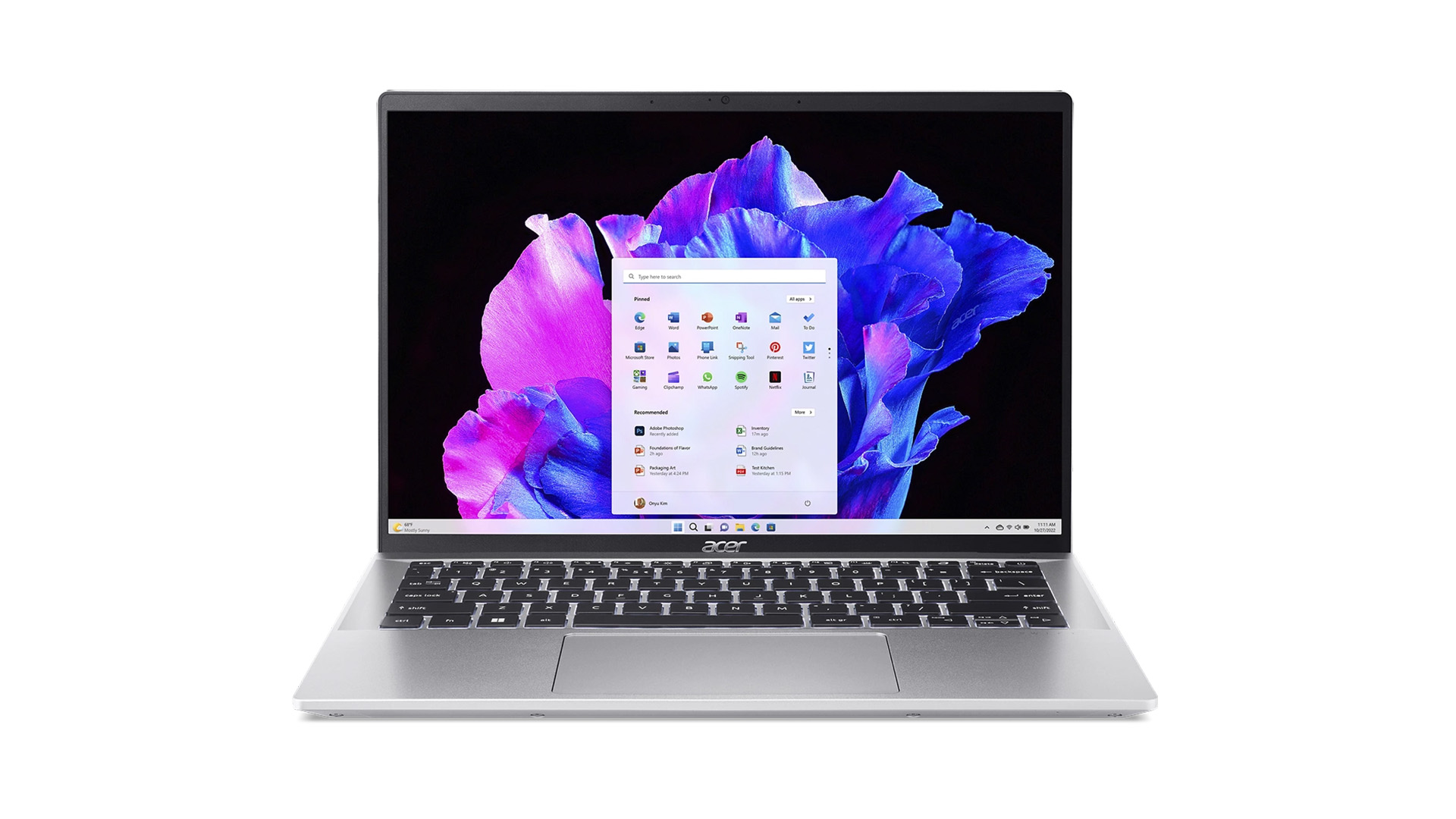
From a powerful laptop that maxes out your budget to one that costs roughly half as much, the Acer Swift Go 14 is a more-than-capable machine that starts at $749.
There's no real focus on AI, rather it's a machine that boasts solid specs alongside a 2.9-pound (1.31kg) weight and 14.9mm chassis.
Aside from a great-looking OLED panel with a 2,880x1,880 resolution, it runs an Intel Core Ultra CPU with Intel Arc Graphics and can support up to 32GB of RAM alongside up to 2TB of SSD storage.
The chassis design isn’t as stunning as some we’ve seen, but it does find room for two Thunderbolt 4 ports, 1 HDMI, a MicroSD card, and even a pair of the lesser-spotted USB-A, for a strong set of connectivity options.
The Lenovo IdeaPad 5i 2-in-1 14 & 16
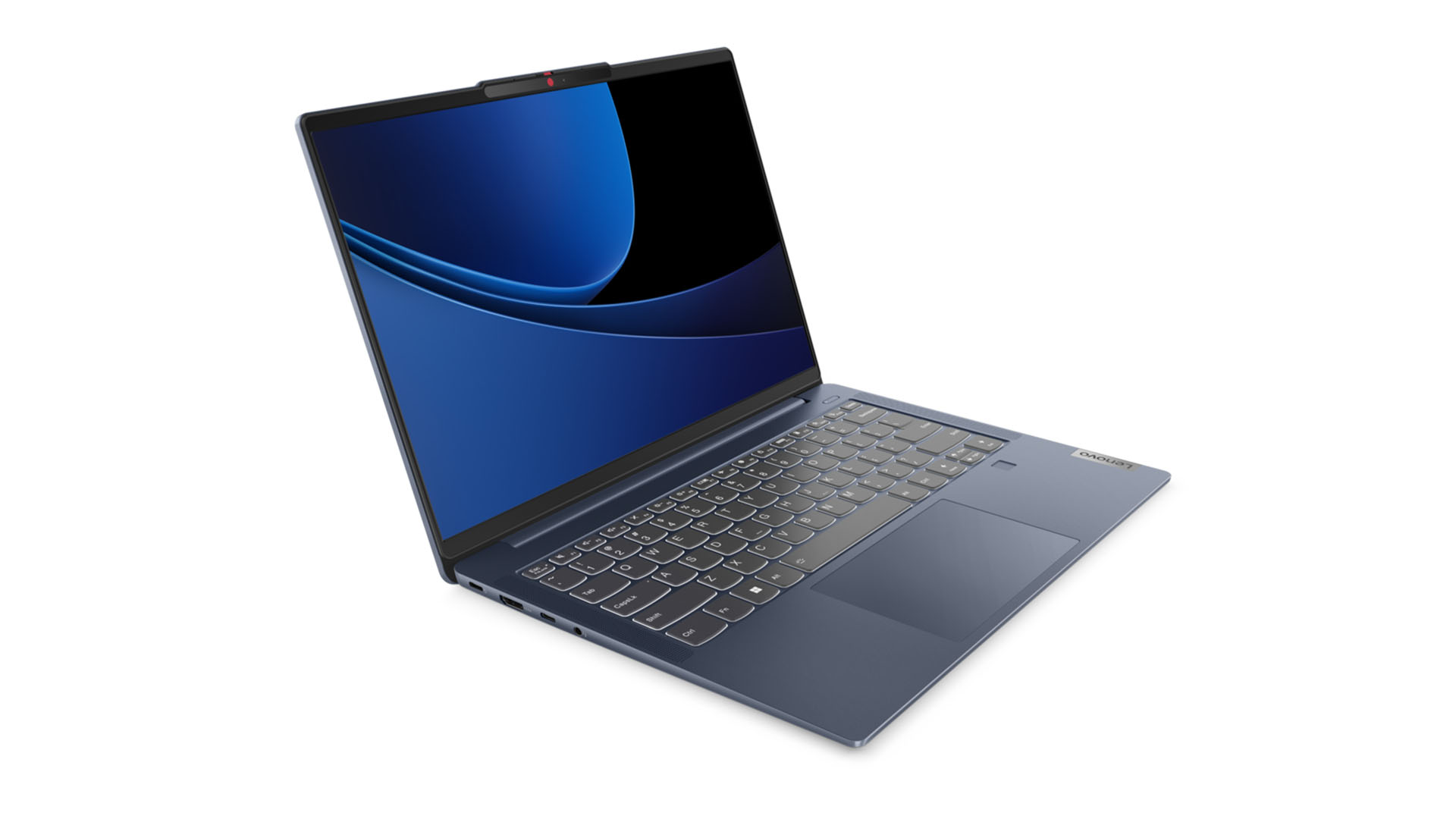
Lenovo’s IdeaPad lineup might be long in the tooth, but this old dog still has plenty of tricks, as evidenced by its new IdeaPad 5i 2-in-1, available in both 14-inch and 16-inch versions.
It packs an Intel Meteor Lake processors for great performance and excellent power efficiency, while supporting up to 16GB RAM and up to 1TB SSD storage. Like the Acer above, this is another device that’s lacking in AI bells and whistles. Instead, its focus lies on doing the basics right.
The 14-inch version has a 1,920x1,200 resolution but the 16-inch takes it up to 2,048x1,280. Although an OLED version is available, we think sticking to the standard IPS option might be a btter bet for students, given OLED will inevitably raise its price tag while guzzling more battery life. This is despite OLED's deeper blacks and greater contrast levels.
The IdeaPad also offers a touch-capable screen so you can use Windows 11’s more finger-friendly input if you’d prefer, making this a fantastic all-rounder that starts at $759 for the base version.
Your student laptop questions answered
What makes a good laptop for students?
Much of what makes a student laptop great comes down to the kind of work you’re doing on it. If you’re mostly taking notes, there are plenty of options out there, but a 2-in-1 with a stylus may make it easier to jot things down. In that sense, you probably don't need the most heavy-duty components.
However, if you’re studying in a creative field and need a laptop that's capable of graphics-based work, like video or photo editing, you’ll want a decent graphics card in your machine, alongside a significant amount of RAM to support multitasking.
What should a student look out for in a laptop?
While programmers or coders often need more hardware power in their laptops, devices designed for students can be a little more flexible. Instead of seeking out the best specs, consider looking for a machine with either a larger battery or a power-efficient chip.
Admittedly, big strides are being made in the latter field, so it might be worth sticking to 2022 machines onward if you want to avoid needing to plug in with any regularity.
A larger display can help avoid eye strain but it comes at the cost of portability. That can be a balancing act you’ll need to navigate based on how often you carry the machine around with you.
If budget is your main concern and you’re only using Google apps and services, for example, you may find that Chromebooks are worth a look. These are low-cost machines with modest hardware designed to power apps like Docs, Sheets, Drive, and others. The app selection and power ceiling aren’t as high as Windows or Mac machines, but you may save yourself a chunk of change if you can use one.
How can new integrated AI features help students?
Although many assume AI is most helpful when it comes to helping students write their papers, there are far better, less ethically-dubious, uses for the technology.
Instead, consider how AI can supplement your workflow. You can use it to summarize lengthy emails from your tutor, or even produce live captions for a video you’re working on. Maybe you want to use it to rename a batch of files for a large project, or even proofread for grammatical errors.
AI is evolving at pace, but you still need to sanity-check its outputs. Be sure you’re checking those summaries and transcriptions for errors to be on the safe side.
Sign up for the Live Science daily newsletter now
Get the world’s most fascinating discoveries delivered straight to your inbox.
Lloyd Coombes freelance tech and fitness writer for Live Science. He's an expert in all things Apple as well as in computer and gaming tech, with previous works published on TechRadar, Tom's Guide, Live Science and more. You'll find him regularly testing the latest MacBook or iPhone, but he spends most of his time writing about video games as Gaming Editor for the Daily Star. He also covers board games and virtual reality, just to round out the nerdy pursuits.


